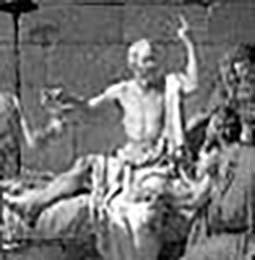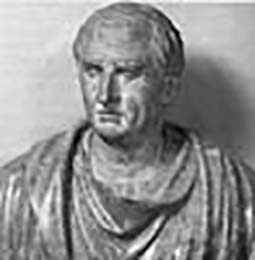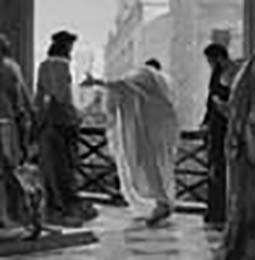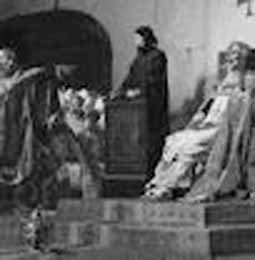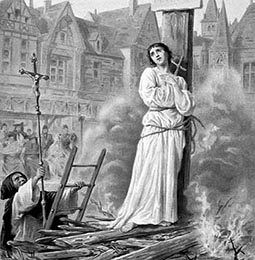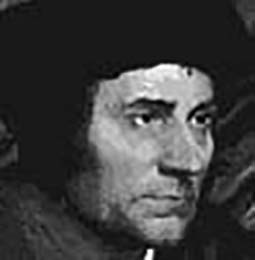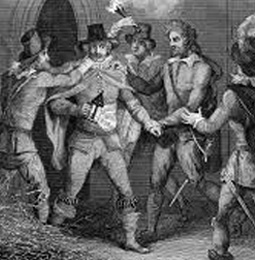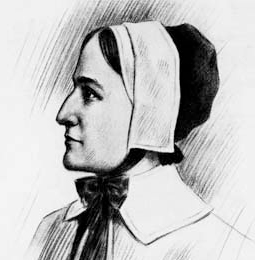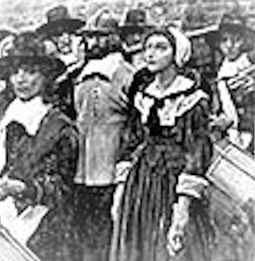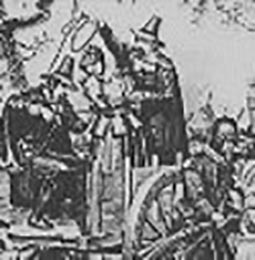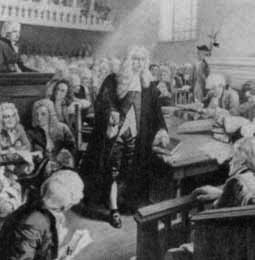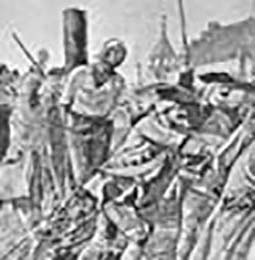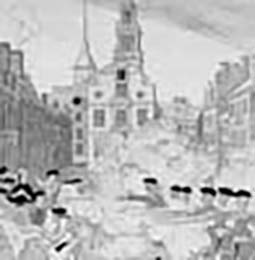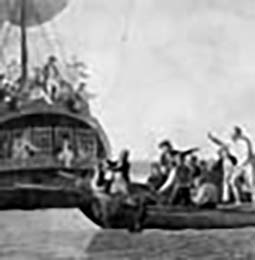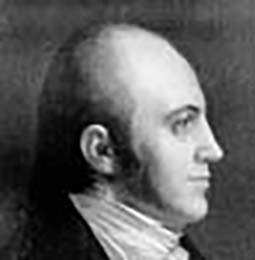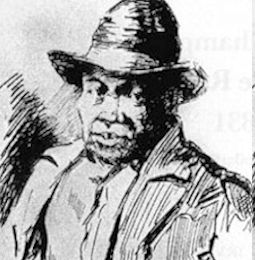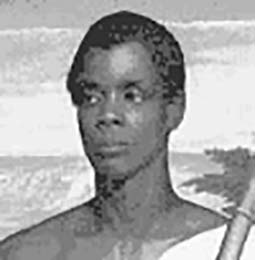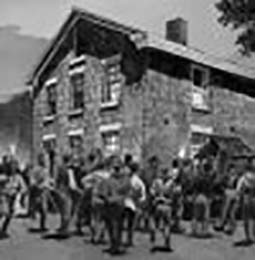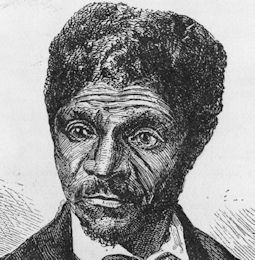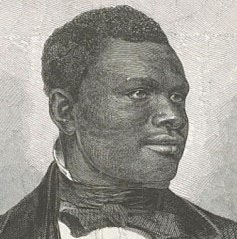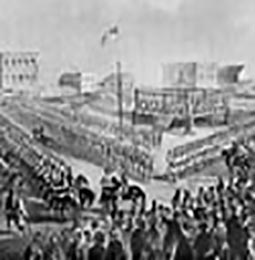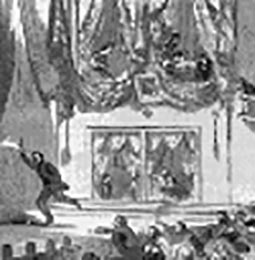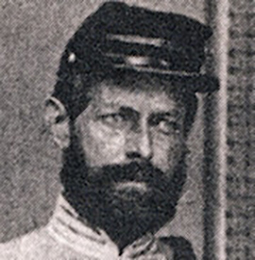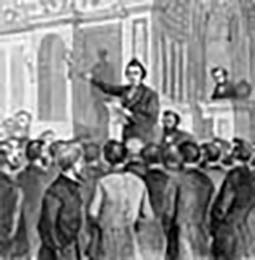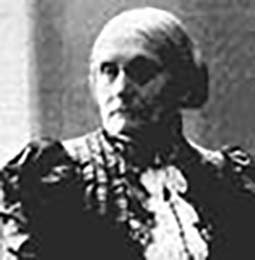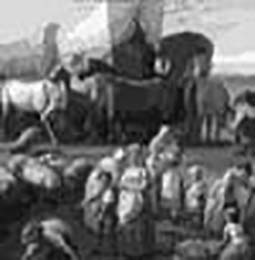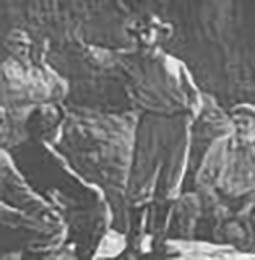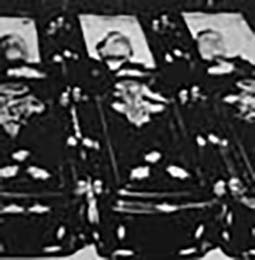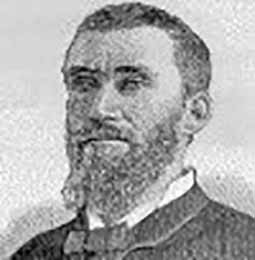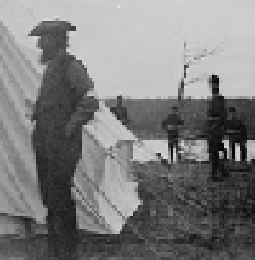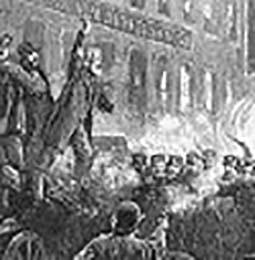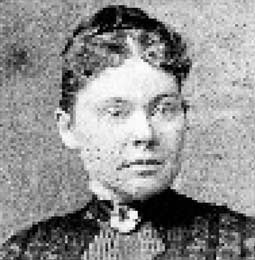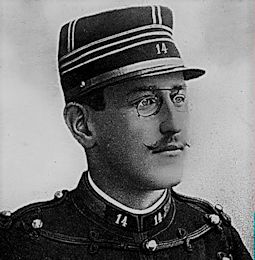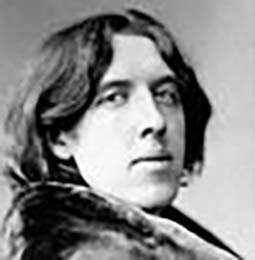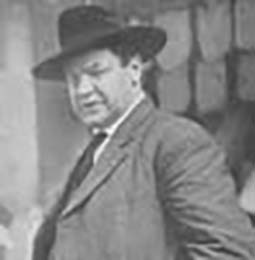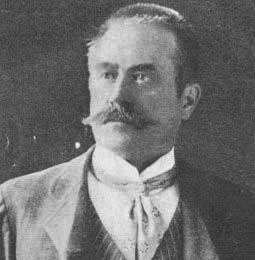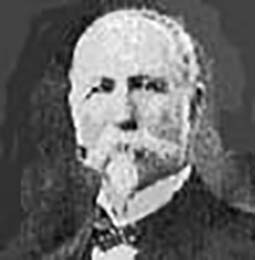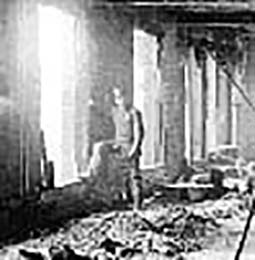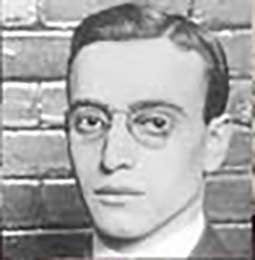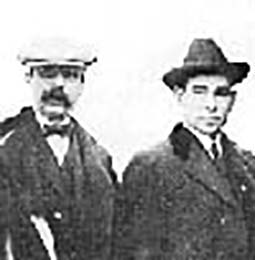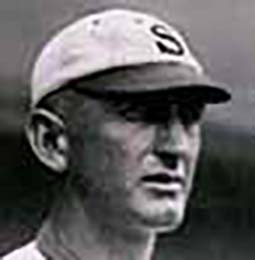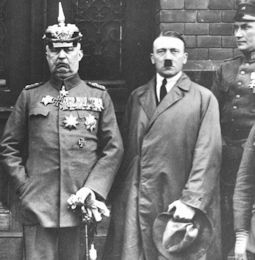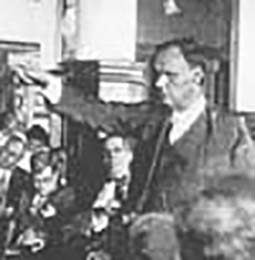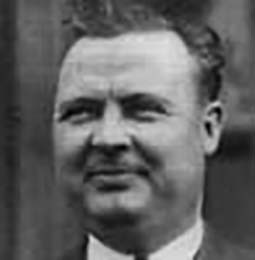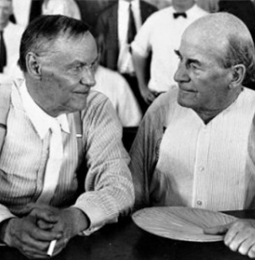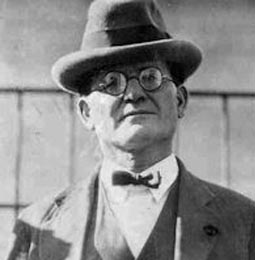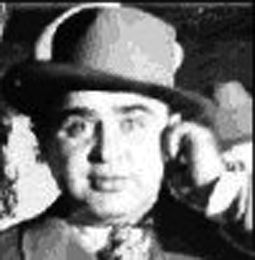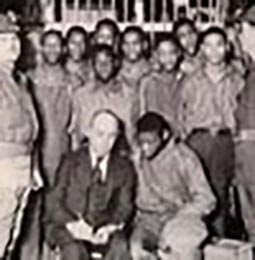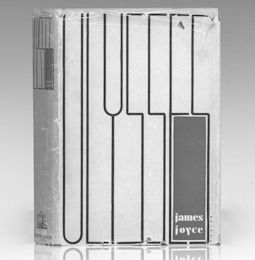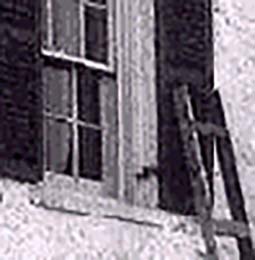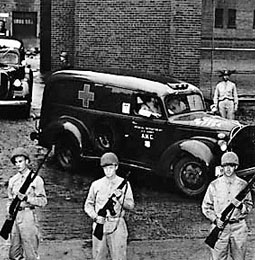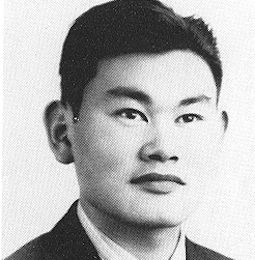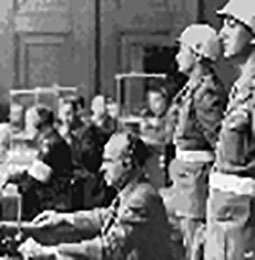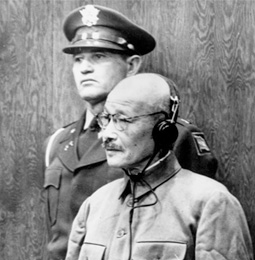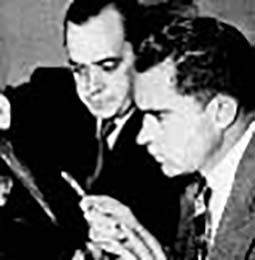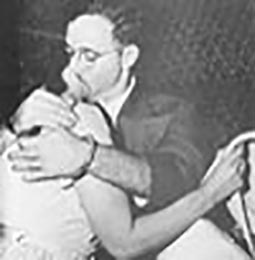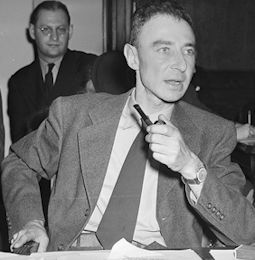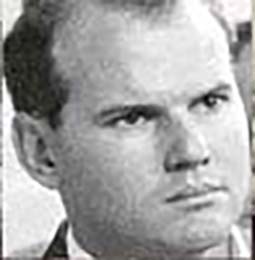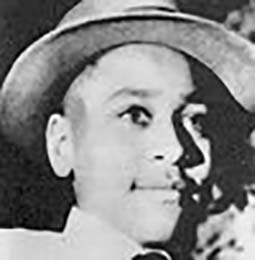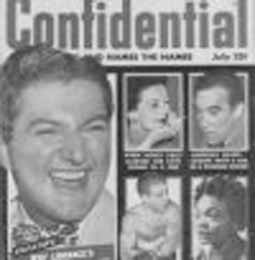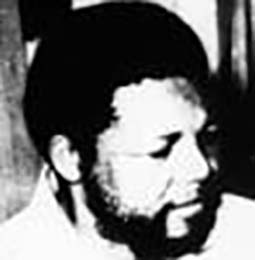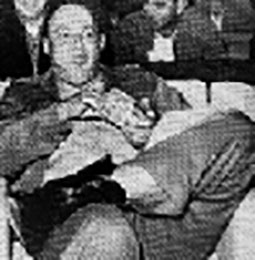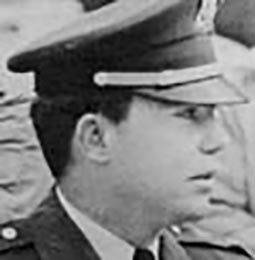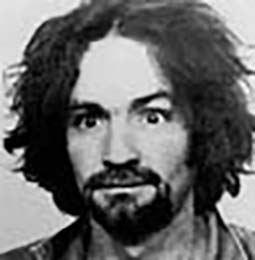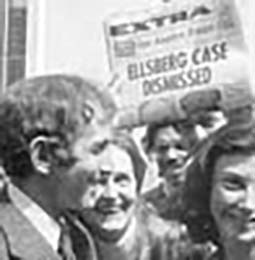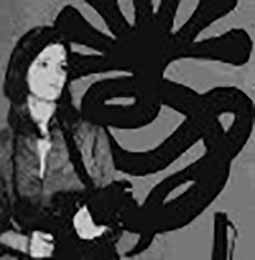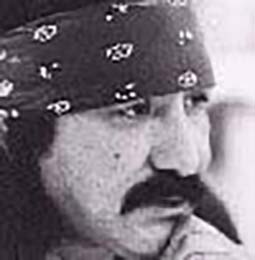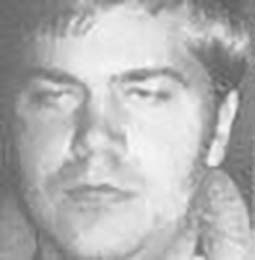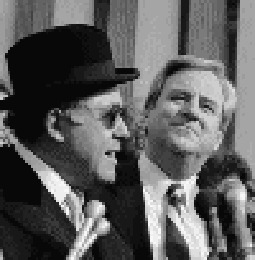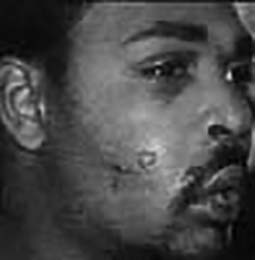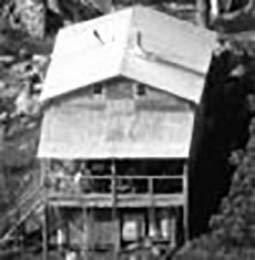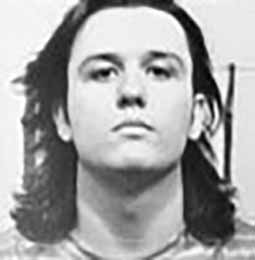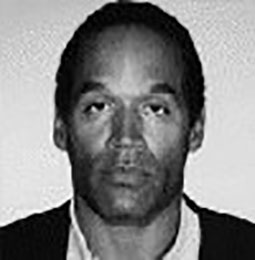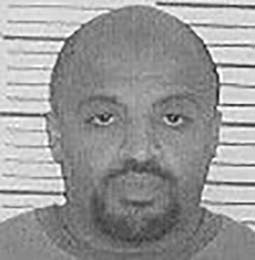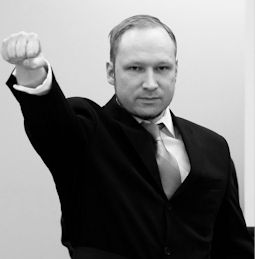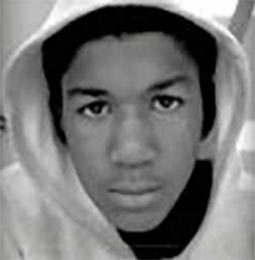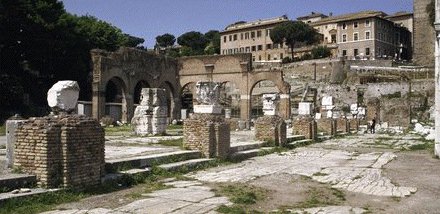
Composition of the Jury
Since 81 B.C., a governor of a province (such as Gaius Verres) faced a jury consisting exclusively of men of his own rank, including senators who might themselves have been guilty of exploiting the provinces. This control of the courts by the senate is called the prerogative of the judicium.
Laws Governing Exploitation of the Provinces
Lex Porcia (198 B.C.): Limited the amount which a governor could demand from his province for the expenses of his administration.
Lex Calpurnia (149 B.C.): Established a procedure (an action de Repetundis) for foreigners to bring an action for extortion.
Lex Servilia (111 B.C.): By establishing a day of adjournment after preliminary matters, divided trials into two parts, actio prima and actio secunda.
Lex Cornelia (81 B.C.): Established the penalty for extortion at two and one half times the amount proven to be extorted. It provided for banishment as an additional punishment. Lex Cornelia established that juries would be chosen by lot and set the number of challenges to jurors (judices) at three, or six if the defendant were a senator.
Complaint
In the case of Gaius Verres, representatives of the plundered cities appeared in Rome to bring an action de Repetundis against their former provincial governor. By joint resolution, they authorized their case to be prosecuted by Cicero. A case formally began with the postulatio, an application to the praetor for redress against the accused.
Judge
The judge for the court in which the action against Gaius Verres was brought was M' Acilius Glabrio, a highly regarded praetor. Glabrio served as praetor for the one year term of 70 B.C. On January 1 of the following a new praetor urbanus would assume his role. One of the principal strategies of Hortensius, the defense attorney for Verres, was to delay the closing of the trial until after the end of the year so a lesser regarded judge, one known to be more inclined to support the defense, might take control of the case. (Cicero, however, was able to thwart these efforts and obtain a verdict before the year ended.)
Prosecutor
Laws at the time of the Gaius Verres case did not provide for a public prosecutor. If more than one would-be prosecutor asked for an indictment against the same person, a hearing was held to determine "whom they whom the injury is alleged to have been done prefer to be their counsel; and secondly, whom he is accused of having committed these injuries would least wish to be so." The proceeding was called divinatio. In the case of Gaius Verres, the defendant's attorney arranged to have put forward a straw-man prosecutor (Q. Caecilius Niger) who would, if chosen, present a weak prosecution. After what was most likely a one-day hearing held on or about January 15, 70 B.C., the jury chose Cicero over Caecilius as the prosecutor. (The Sicilians made clear that they would not participate in the trial if Caecilius was selected as prosecutor.) The speech of Cicero making his case as to why he should be chosen as prosecutor is the first of the seven so-called Verrrine orations.
Formal Charge
Cicero accused Verres of extorting 40 million sesterces from Sicilians and demanded that the governor pay a penalty (under Lex Cornelia) of one hundred million sesterces. After making his demand, the magistrate set the case on his docket and Cicero asked for an adjournment of 110 days so that he might travel to Sicily to gather evidence.
Evidence Gathering
Cicero, accompanied by his cousin, traveled extensively around the island of Sicily for about fifty days gathering evidence and statements from witnesses that might be used in the prosecution of Verres. Cicero examined public records in all major towns and took the testimony of hundreds of persons injured by Verres or his henchmen. In almost all cases, Cicero was enthusiastically received by the people. (The major exception was at Messana, the city where Verres stored many of his stolen treasures, and a city to which he extended favorable treatment during his governorship.) Efforts were made by the new governor of Sicily, Metellus, to hinder Cicero's efforts, but to little avail.
Jury Selection
The choosing of jurors by lot was called the sortitio. In the case of Gaius Verres, the sortitio probably occurred in early June 70 B.C. The law allowed Verres, as a defendant of senatorial rank, to challenge six potential jurors. Cicero could challenge only three. The majority of the jury of approximately 25 men turned out to be, according to Cicero's report, incorruptible men, largely ending the hopes of Verres that he could bribe the jury and thereby get an acquittal.
Actio Prima (The Case Opens)
The case of Gaius Verres began on August 5, 70 B.C. with a powerful opening speech by Cicero. This speech, the second of the Verrine orations, is commonly called the Actio Prima. In his speech, Cicero stressed the importance of the case, warned of the defense's plot to delay the trial, and announced that in his case he would let witnesses victimized by Verres become the heart of the prosecution's case. Following his speech, Cicero began calling witnesses. The testimony was so damning as to make the outcome of the trial obvious to Verres, who went into voluntary exile without awaiting a verdict in his case.
Verdict
Gaius Verres was convicted in absentia and ordered to pay an indemnity (the exact sum is not certain) and to remain in exile for the rest of his life.
Cicero never presented a closing argument against Verres. Instead he published five speeches (which have come to be called Actio Secunda) which summarize the evidence against Verres and make the case for his conviction. The speeches were intended more for the larger public than for the jury. These five speeches provide the basis for much of what historians know about corruption in the last years of the Roman Republic.
Sources: Frank H. Cowles, Gaius Verres: An Historical Study (Cornell Thesis)(1917)
A. H. J. Greenidge, The Legal Procedures of Cicero's Time (Oxford)(1901)






